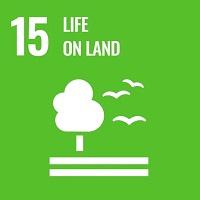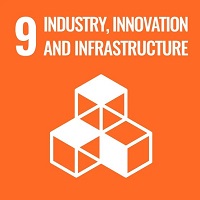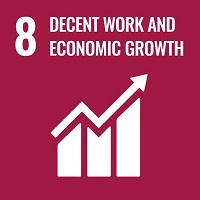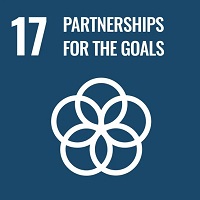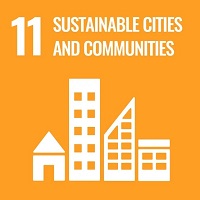Professor Dan Eastwood
What Faculty do you work in?
Science and Engineering
What is your main area of research?
While my main interest is in fungal biology, particularly the breakdown of complex substrates and the interaction between species, I also work on invasive non-native plants. More recently I have been co-leading the Natural Products BioHUB, a multi-stakeholder collaboration to expediate the innovation, development and commercialization of more sustainable natural products from living cells.
Why is your research important?
The fungi that I am interested in drive the decomposition of plant biomass to ensure the cycling of key elements, such as carbon, in nature. Complex substrates such as wood are broken down by a community succession of different organisms that interact and produce an array of interesting chemicals, some with potential industrial use.
Invasive non-native plants threaten many native species and how we interact with our outdoor spaces, they can also affect wellbeing if your property is affected. Delviering effective management strategies that can be deployed at landscape scale are essential in their control, ineffective control measures can make the situation worse and may contribute to negative environmental impacts.
The Natural Products BioHUB brings together innovators, product developers and end users to deliver greener solutions to the many compounds and processes we use every day, whether they be therapeutics, cosmetics, bioremediation of polluted habitats or the way we produce and manufacture food. Through collaboration barriers can be overcome and solutions developed.
https://www.swansea.ac.uk/bioscience/research-and-impact/natural-products-biohub-project/
What SDG is your research most closely aligned with?
Through my various research interests the key SGDs I align with are:
Life on land, industry innovation and infrastructure, sustainable cities and communities, responsible consumption and production, decent work and economic growth, partnerships for the goals.
What do you hope to accomplish with your research?
A fuller understanding of how microbial communities interact to influence their ecosystems and how changes within microbial communities underpin habitat stability. This understanding is key to managing our green spaces.
Provide land managers and policy makers with accurate and reliable data so that informed decisions on landscape management of invasive non-native plants can be made.
The Natural Product BioHUB aims to be a beacon of what can be achieved with living organisms to address our future industrial needs. Putting Swansea at the heart of the UKs natural product revolution benefitting the region while delivering wider sustainability goals.
Is there a cross-disciplinary element to your research? If so, who else at the University is involved?
All my work involved collaboration. Current research involves colleagues in engineering (Prof Rich Johnston), chemistry (Dr Deb Roy), within the Mass Spectrometry Unit (Drs Ruth Godfrey and Ann Hunter) and the Law department (Prof Michael Draper).
The Natural Products BioHUB involves over 40 academics (and growing) from all faculties in the university and we are always looking to interact and support more colleagues.
Are there any external collaborators involved?
My fungal research is centred on collaboration built up over the year, I have led genome sequencing projects involving laboratories from around the world. More recent collaboration has been with Prof Lynne Boddy’s group in Cardiff University and Dr Kathryn Ford at the University of Bristol.
My invasive non-native plant research involves a number of external stakeholders involved in the management of invasive plants, e.g. Complete Weed Control Ltd, Advanced Invasives Ltd.
The Natural Products BioHUB currently involves over 50 external stakeholders from civic partners, community groups and businesses.
What is next for your research?
My research continues to build from existing research, the more we discover, the more we need to learn. I hope to learn more about the evolution of different mechanisms of wood decay and determine how different species had adapted to occupy different niches along the decay continuum. Maybe discover a new compound that can be used in the fight against antimicrobial resistance.
We will continue to trail different methods of controlling invasive non-native plants, while flying the flag on the importance of including post-treatment regeneration plans into any controlled management programme – based on solid research of course.
A lot of my time is going to be dedicated with growing the Natural Products BioHUB and facilitating exciting research and development and calling for all colleagues and interested stakeholders to make contact and look at how we can work together.
8 Decent Work and Economic Growth
9 Industry, Innovation and Infrastructure
11 Sustainable Cities and Communities
12 Responsible Consumption and Production
Sustainability Research Profiles

